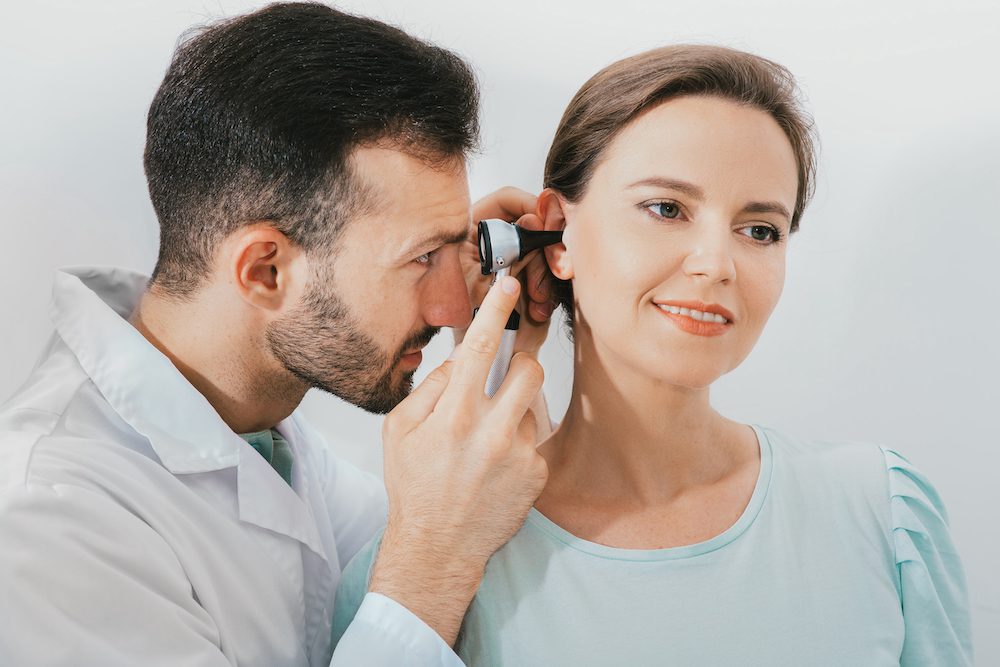Advances in ENT Telemedicine
Telemedicine has opened up new possibilities for accessing ENT care when


Telemedicine has opened up new possibilities for accessing ENT care when

Summer vacations bring excitement and adventure, but they also present

As you get older, keeping track of your health becomes more complex with